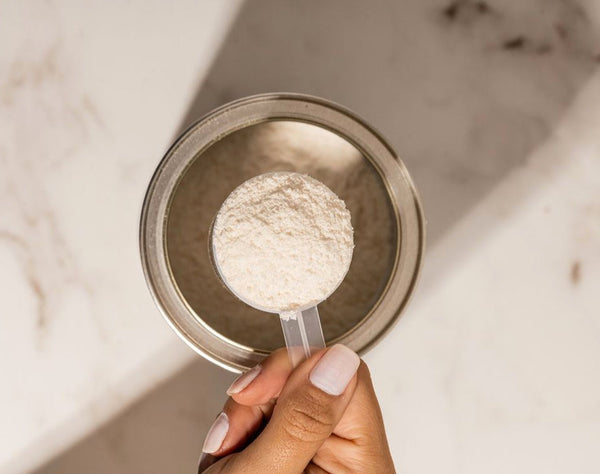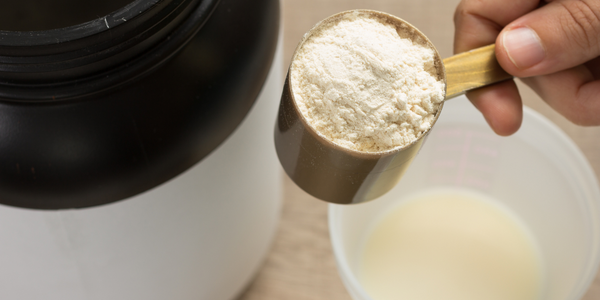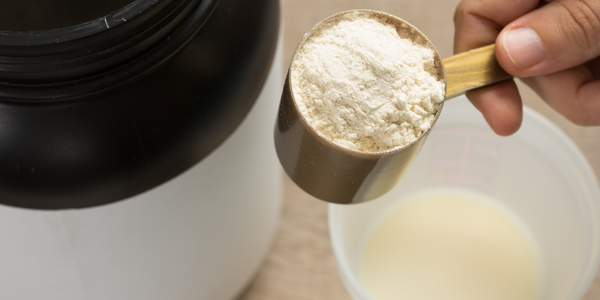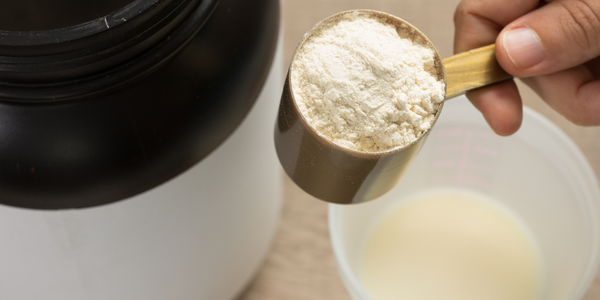Picture this: You’ve just wrapped up an intense workout, sweat dripping, muscles feeling the burn, and you’re ready to refuel. You grab your protein shake, brimming with the promise of gains. But have you ever wondered, “How much protein can my body absorb at once?” It’s a question that has stumped fitness enthusiasts and nutritionists alike, and today, we’re diving deep to find the answer.
What Is Protein, and Why Does It Matter?
Protein is the building block of life. From repairing muscles after a workout to supporting skin, hair, and even hormone production, this macronutrient does it all. For fitness enthusiasts, protein is essential for muscle growth, recovery, and endurance. In the Indian context, where traditional diets are often rich in carbs but lack sufficient protein, supplementing with protein can be a game-changer for achieving fitness goals.
But how much protein is too much at one time? Let’s explore.
The Science Behind Protein Absorption
The body’s ability to absorb protein depends on several factors:
-
Type of Protein: Different proteins digest at varying speeds. For example, whey protein is fast-absorbing, while casein protein is slower, releasing amino acids over time.
-
Meal Composition: Protein absorption is influenced by the presence of other macronutrients like carbs and fats.
-
Activity Levels: Post-workout, your body’s demand for protein increases to aid muscle repair and recovery.
The General Rule of Thumb
Research suggests that the body can effectively utilize about 20-25 grams of protein per meal for muscle protein synthesis. Consuming more doesn’t necessarily mean it goes to waste—it may be used for energy or other bodily functions.
Busting Myths About Protein Absorption
Myth 1: Excess Protein is Wasted
Excess protein isn’t wasted; it’s either used for other bodily functions or stored as fat. However, spreading your protein intake throughout the day ensures your body gets a steady supply of amino acids for optimal functioning.
Myth 2: All Proteins Are the Same
Not all proteins are created equal. High-quality proteins, such as whey protein isolate, provide a complete amino acid profile and are fast-absorbing, ensuring maximum benefits for muscle recovery.
Myth 3: You Need a Massive Protein Intake Post-Workout
While protein is crucial post-workout, overloading your body isn’t effective. Instead, aim for 20-30 grams of protein within 30 minutes to an hour after exercise. A good-quality protein supplement that provides around 22 grams per serving is ideal for post-workout recovery.
How to Optimize Protein Absorption
Maximizing your protein absorption is not just about eating more protein; it's about eating smarter. Here’s how you can make the most out of your daily intake:
1. Distribute Protein Intake Throughout the Day
Rather than consuming a large amount of protein in one sitting, aim to spread it evenly across meals and snacks to keep your body supplied with a steady stream of amino acids.
2. Pair Protein with Carbs and Fats
For optimal absorption and better digestion, pair protein with carbohydrates and fats. This combination also ensures sustained energy levels and prevents quick hunger pangs.
3. Choose Clean, High-Quality Protein Sources
In a country like India, where food adulteration can be a concern, it’s essential to prioritize clean and certified protein sources:
-
Opt for natural and whole foods like eggs, paneer, lentils, quinoa, and chicken.
-
For supplements, choose brands that emphasize purity, clean-label certification, and testing to ensure they are free from harmful additives or contaminants.
-
Consider plant-based protein blends if you are vegan or lactose intolerant, as they often include a mix of sources like peas and brown rice for a complete amino acid profile.
Protein Requirements for Indians
Protein deficiency is common in India due to carb-heavy diets. To ensure adequate intake:
-
Sedentary Individuals: Need about 0.8g of protein per kg of body weight. For example, a sedentary person weighing 60 kg needs ~48g of protein/day.
-
Active Individuals and Athletes: May require 0.8–1g per kg of body weight. For example, an active person weighing 70 kg needs ~70g of protein/day.
Combining dietary sources with supplements can help bridge the gap efficiently.
Getting Enough Protein on an Indian Diet
Getting sufficient protein on a predominantly Indian diet can be challenging, but it’s entirely possible with a balanced approach that includes whole foods and supplements. Here's how you can meet your protein requirements:
Protein-Rich Foods in the Indian Diet
-
Legumes and Pulses: Lentils (dal), chickpeas, kidney beans (rajma), and black gram (urad dal) are great sources of plant-based protein. Pair them with whole grains for a complete amino acid profile.
-
Dairy: Paneer, curd, and milk are excellent protein options, especially for vegetarians.
-
Eggs and Poultry: Eggs and chicken are versatile and protein-rich staples for non-vegetarians.
-
Nuts and Seeds: Almonds, peanuts, chia seeds, and flaxseeds provide not just protein but also healthy fats.
-
Grains: Quinoa, millets, and oats are protein-packed alternatives to rice and wheat.
Why Protein Supplements Can Help
For those struggling to meet their daily protein intake through food alone, supplements offer a convenient and efficient solution. Look for clean, high-quality products that suit your dietary preferences (whey for fast absorption, plant-based for vegan options).
Choosing the Right Protein Supplements for Your Goals
1. For Muscle Growth and Recovery
After a workout, your muscles need quick nourishment to repair and grow. Fast-absorbing proteins like whey isolate are ideal in this scenario. Whey isolate is not only rich in essential amino acids but also contains branched-chain amino acids (BCAAs), which are critical for muscle protein synthesis.
Look for options that are free from artificial additives and certified by the Clean Label Project, which tests for contaminants like heavy metals, pesticides, and harmful chemicals. Such certifications ensure that what you consume is pure and safe, making it a reliable choice for those serious about building lean muscle.
2. For Weight Management
If weight management is your goal, focus on low-calorie yet nutrient-dense protein options. These help curb hunger by promoting satiety without adding unnecessary calories. Proteins that also include dietary fiber can enhance this effect, keeping you fuller for longer and reducing unhealthy snacking. When choosing a supplement, ensure it doesn’t contain added sugars or fillers.
3. For General Wellness
For those aiming to maintain overall health, plant-based protein blends are an excellent choice. These proteins are gentle on the digestive system and ideal for individuals with lactose intolerance or for those following a vegan diet. A good blend combines multiple plant sources, like pea and brown rice protein, to provide a complete amino acid profile.
By now, you know that your body can absorb around 20–25 grams of protein at a time for muscle protein synthesis. To maximize benefits, focus on choosing high-quality protein sources, spreading your intake evenly across meals and snacks, and pairing it with a balanced diet of carbohydrates and healthy fats. Understanding your body’s needs and fueling it with the right nutrition is the first step toward achieving your fitness goals—every scoop counts!




























